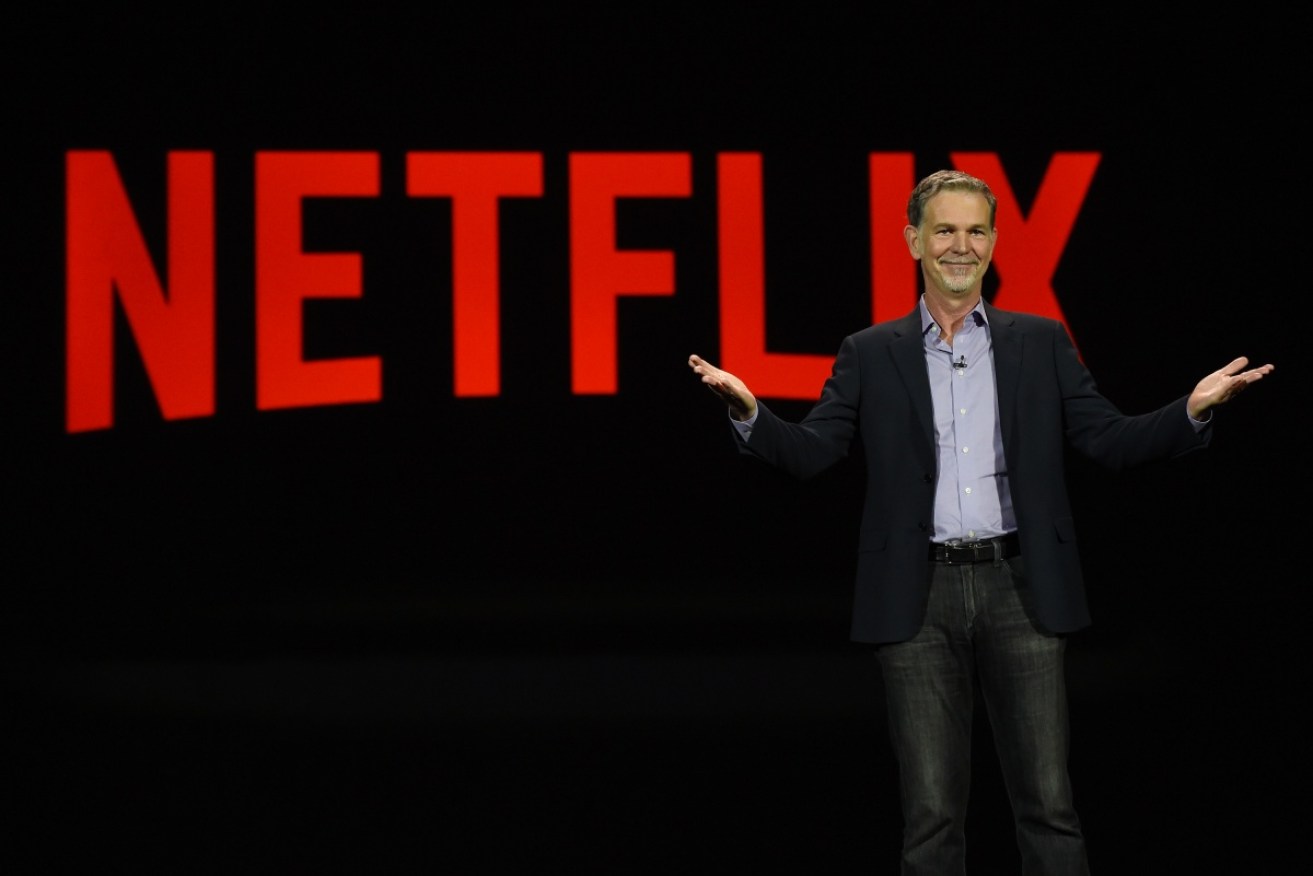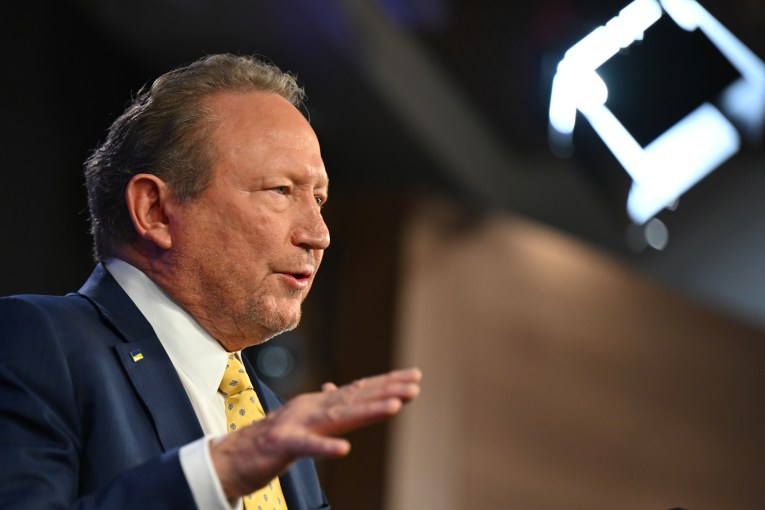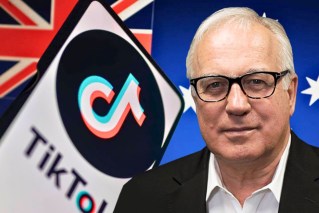Netflix’s data cap letter highlights Australia’s telco headache


Netflix is fighting for cheaper internet plans and more data for consumers.
The recent push by Netflix for telcos to scrap “potentially discriminatory” data caps is more than just an attempt to grab a greater portion of the television market. It highlights a severe flaw in how we pay for internet access, say experts.
In a letter sent to the US Federal Communications Commission (FCC), Netflix said data caps did not “appear to serve a legitimate purpose”. It argued that ‘usage based pricing’ discourages a “consumer’s consumption of broadband, and may impede the ability of some households to watch Internet television in a manner and amount that they would like.”
Netflix would be one of the major winners if there were no caps on data usage. If access to streaming content was not limited by a monthly data cap, one of the constraints on its business would be removed.
When Netflix launched in Australia it struck deals with Optus and iiNet that gave users unmetered access to its content, but later said it regretted the move.
“In Australia, we recently sought to protect our new members from data caps by participating in ISP programs that, while common in Australia, effectively condone discrimination among video services – some capped, some not,” CEO Reed Hastings told shareholders.
“We should have avoided that and will avoid it going forward.”
But the telcos like data caps because they are profitable. Last financial year, Telstra reported a fixed data revenue of $2.51 billion, an increase of 5.6 per cent over the previous year.
While Australian households download less than their US counterparts (about 200GB per month vs 300GB), they often face stricter data caps and worse congestion.
“What we’ve got is a situation in which the telcos are very much managing their income through these data caps,“ said senior lecturer at the School of Engineering at RMIT University Dr Mark Gregory.
“In Australia, we still get congestion but we also get data caps. The question needs to be asked: if data caps are removed, would that affect the congestion any more than now?”

Streaming content providers like Netflix benefit from unrestricted consumer access to bandwidth. Photo: Netflix
But ACCAN spokesperson Luke Sutton said internet providers must recoup the cost of delivering services.
“There are a few ways they can do this; by charging a flat monthly fee, charging for the data used or a combination of both. By having data caps, providers can charge a lower monthly fee for those who do not use a lot,” said Mr Sutton.
Unlimited plans are available in Australia but “these plans are usually at the highest price point so would not suit all users”, he said. Any plans to drop charges seems unlikely anytime soon.
The introduction of the NBN has maintained both connection fees and data usage charges, a strategy that matches the current telco industry standard.
Dr Gregory suggested that dropping the data charges would eventually create a system that would be better for customers and easier for telcos to regulate.

The NBN was slated to change Australia’s broadband migraine, but it is being run like conventional fixed connections.
“There would be congestion, but over time, if the economics of the fees that were charged were right … you’d eventually reduce the congestion down to acceptable levels.” he said.
“What Australia has now is two hurdles in play whereas overseas there is only one hurdle.”
As for if or when we could see any kind of consumer-first change, Dr Gregory said it’s in the hands of the public.
“The industry will only move when hit with a big stick. We know government is slow to move and the current government seems to be moving us backwards now. It’s only really going to be consumer screaming that could provide a positive outcome.”








